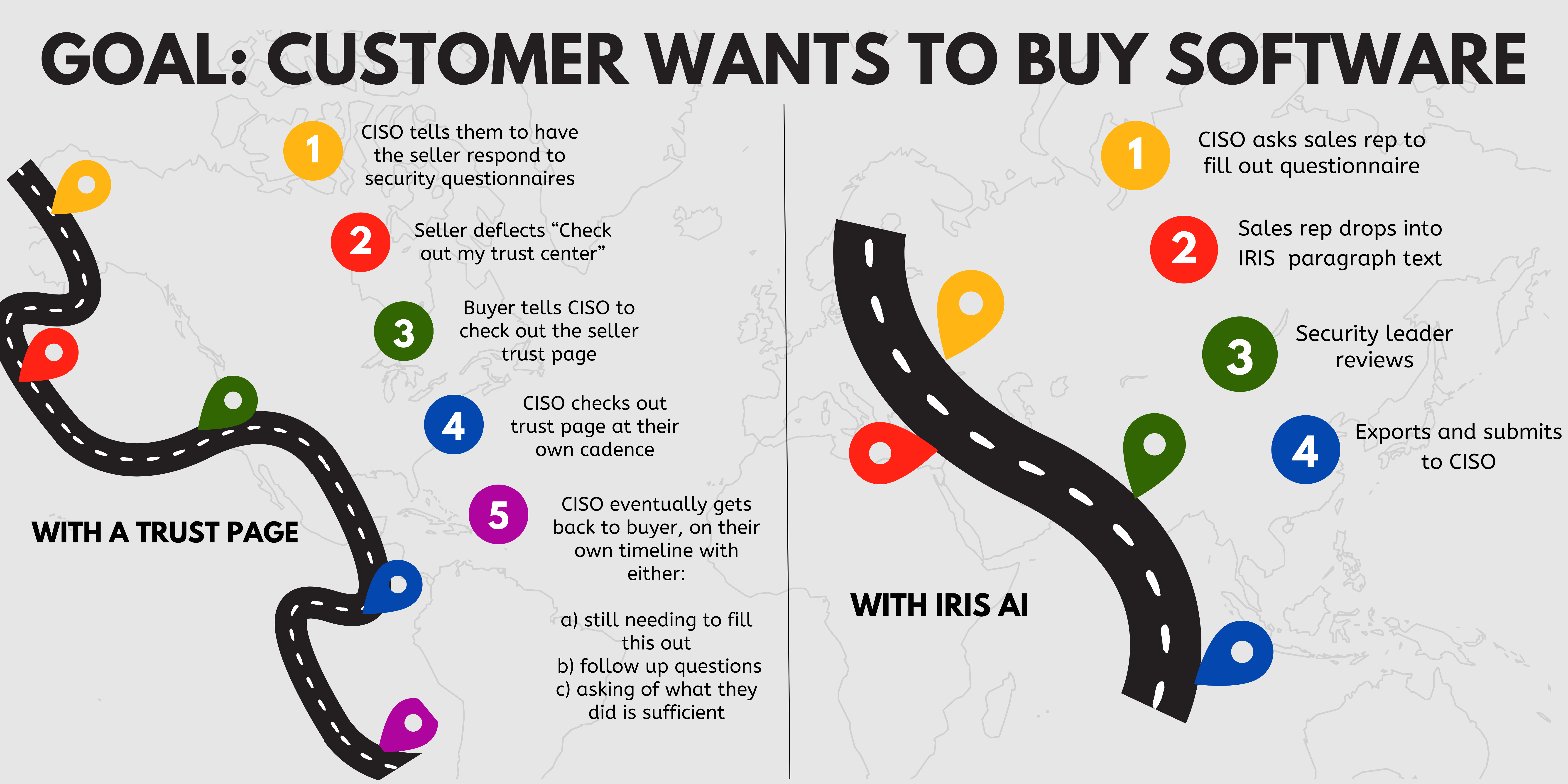In today's fast-paced world of B2B sales, the difference between a closed deal and a missed opportunity often hinges on two crucial elements: sales momentum and deal velocity. But what exactly are these concepts, and why are they so significant in modern sales?
Sales Momentum refers to the quantity and pace of interactions between a salesperson and their customer. A lack in either the frequency of these engagements or their progression rate can lead to a slowdown in revenue generation, consequently affecting the team's momentum. According to Salescode.io, there are three key strategies for maintaining this momentum:
- Ensuring both quantity and quality in sales engagements.
- Establishing clear criteria and actions for each stage of the sales process.
- Deal Velocity … how long it takes to close a deal.
Understanding these concepts underlines the importance of high sales momentum and deal velocity for optimal business performance. Yet, running a successful business involves additional complexities. Take, for instance, the role of stakeholders. For salespeople, the necessity of constant reporting to stakeholders can detract from essential selling activities. Demandgenreport.com highlights that in the security sector, "C-level stakeholders and finance executives prioritize the business impact over product features." Consequently, sales professionals find themselves balancing the primary role of selling the product with the secondary task of involving stakeholders in understanding the business impact of sales. In the realm of security companies, challenges intensify, especially when dealing with certifications like SOC2 and ISO 27001. These are vital for cybersecurity compliance and secure data handling but are often costly and time-consuming to obtain. They typically require security questionnaires and additional steps in the procurement process.
The solution? A trustpage, or so many companies would have you believe…
Trust Page’s are designed to deflect questionnaires and expedite security reviews, ostensibly increasing efficiency through a third-party service.
Sounds great! Why do sales reps not like this method?
Significant challenges arise in maintaining sales momentum via using a trust page. First of all, no one has as much urgency to sign a contract and move forward as your buyer and champion. Giving out homework assignments to your champion colleagues who have no skin in the game, at best, slows down the process, and at worst, sends the message “you’re not a priority.”
The other challenge is that you run a risk of creating distrust between your sales org and the security and/or compliance team: “I brought this deal to the finish line and you’re telling me that you don’t want to fill it out.”
Do you really want to be the reason a deal doesn’t come in on time or at all?
Sources
Dan Sixsmith, M. (2023, May 26). Value selling generates sales momentum in an economic downturn. Demand Gen Report. https://www.demandgenreport.com/features/demanding-views/value-selling-generates-sales-momentum-in-an-economic-downturn
Rosen, B. (2023, July 18). Sales velocity: Meaningful ways to interpret it. Sales Assembly. https://www.salesassembly.com/blog/playbooks/sales-velocity/#:~:text=Velocity%20is%20the%20speed%20at,deals%20from%20opportunity%20to%20close.
Salescode. (2020, September 3). 3 essentials of sales momentum. https://salescode.io/. https://salescode.io/en/blog/three-essentials-of-sales-momentum




